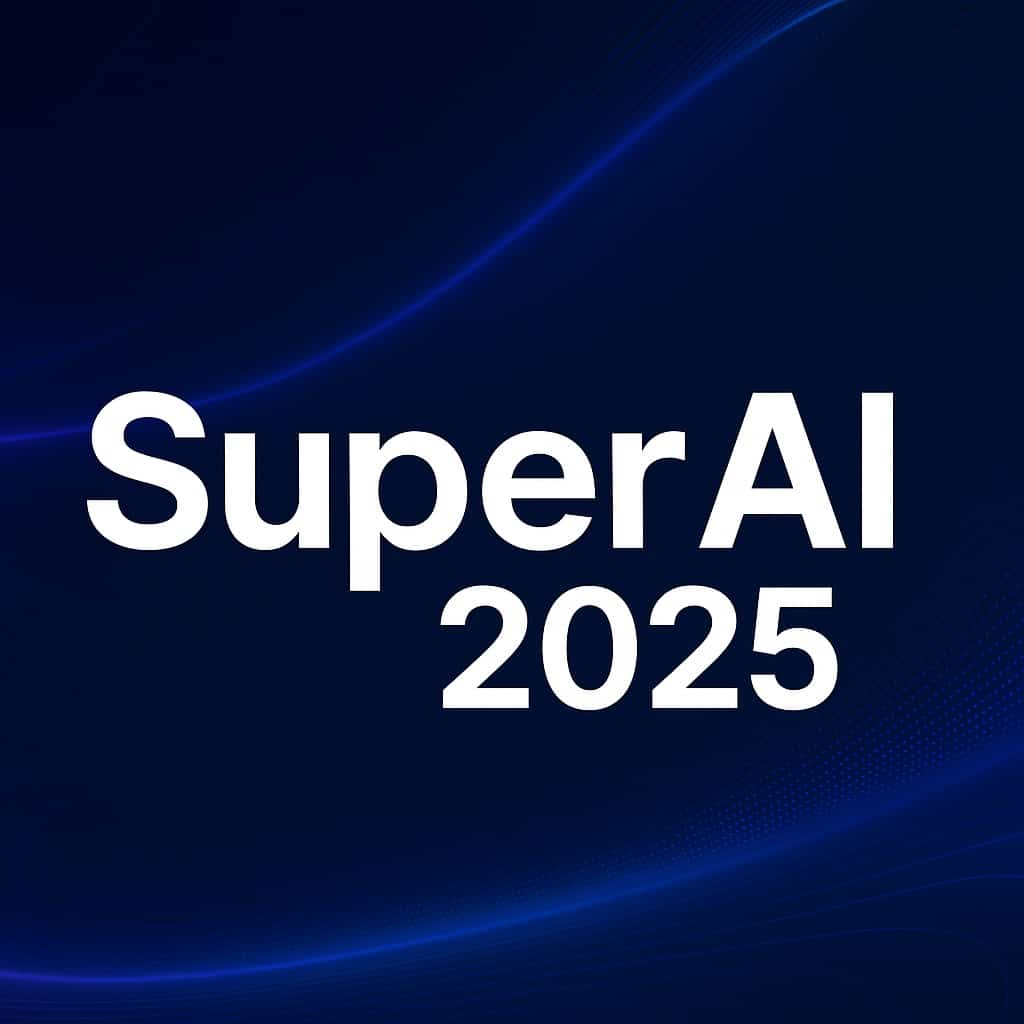The event brought together industry leaders, startups, governments, and experts to discuss the future of AI in an increasingly fragmented geopolitical context.
The SuperAI 2025 conference has positioned Singapore at the heart of the international artificial intelligence landscape. Held at Marina Bay Sands, the event attracted over 10,000 attendees, 1,500 companies from the sector, and dozens of institutional representatives from Asia, Europe, the Americas, and the Middle East. Beyond the numbers, SuperAI established itself as a forum for technical and political dialogue between East and West amidst the race for digital leadership.
### Locally Adapted Foundational Models: Precision with Context
One of the main focuses of the event was the tension between global standardization and the need for cultural adaptation. While Western companies like OpenAI, Meta, and Anthropic advocated for large language models with worldwide reach, Asian developers showcased the benefits of models trained in local languages and corpuses.
Examples like SingLM, designed for Southeast Asia, demonstrated that LLMs tailored to languages such as Mandarin, Tamil, or Bahasa can significantly improve accuracy and utility in areas like justice, public administration, and health.
### Sovereign Infrastructures and Decentralized Governance
The debate on technological sovereignty was widespread. Panelists from Germany, Japan, India, and Indonesia stressed the need to develop models based on national data and promote federated learning to minimize dependence on external cloud infrastructures. Singapore responded with the launch of the Trusted AI Exchange, a protocol to share models between governments without compromising sensitive data.
Additionally, AWS announced the opening of its first sovereign AI cloud region in Singapore, and a bilateral agreement was signed between Singapore and the United Arab Emirates to create joint models in Arabic and Asian languages for government purposes.
### Multimodality, Edge Computing, and Augmented Realities
Tech companies from South Korea and Taiwan presented sensors and chips for AI systems capable of processing text, voice, video, and biometric signals. Meta, Samsung, and Alibaba showcased an augmented reality assistant with multimodal capabilities and spatial orientation, designed for logistics, urban mobility, and accessibility.
These advancements were complemented by edge solutions that enable real-time processing in vehicles, personal devices, and industrial environments, reducing latency and the load on central data centers.
### Ethics, Transparency, and Adaptive Regulation
Ethical frameworks occupied a significant part of the debate. The EU and Canada advocated for regulations based on risk levels and mandatory transparency regarding data and training weights. China, on its part, promoted algorithmic audits under state supervision. The United States favored self-regulation and an open model.
In the face of these divergent positions, Singapore proposed a scalable risk framework, adaptable by country but with principles of interoperability, seeking to bridge regulatory models.
### Sustainable AI: More Efficiency, Less Impact
Sustainability emerged as a shared priority. Advances in liquid cooling for data centers, lightweight low-consumption models, and sparse algorithms were presented. Microsoft, Huawei, and NTT announced that starting in 2026, they would report energy efficiency per trained token as a new metric of transparency in AI.
Startups like GreenMind AI surprised with optimized open-source models for low consumption and carbon footprint reduction, reinforcing that sustainable innovation is not exclusive to large corporations.
### Training, Startups, and Strategic Vision
SuperAI also served as a platform for the emerging ecosystem. The DevZone area hosted hackathons and workshops on deploying models via Kubernetes, version management in LLMOps, and strategies for distributed fine-tuning across multiple regions.
The Singapore government presented its AI Skills Passport to certify technical training in AI and a National Compute Grid to connect public and private computing resources to drive cross-sector innovation.
### Conclusion: The Future of AI Lies in Collaboration
SuperAI 2025 demonstrated that artificial intelligence is already a top-tier geostrategic issue. Singapore, thanks to its political stability, technological capability, and diplomatic neutrality, has positioned itself as an essential node in the global AI ecosystem.
In an increasingly polarized world, the event’s proposal was clear: to build bridges between visions, cultures, and regulations. Only in this way, the organizers assert, will it be possible for artificial intelligence to serve the common good on a global scale. In that mission, Singapore wants to lead from the center.
For more information, visit SuperAI 2025.

